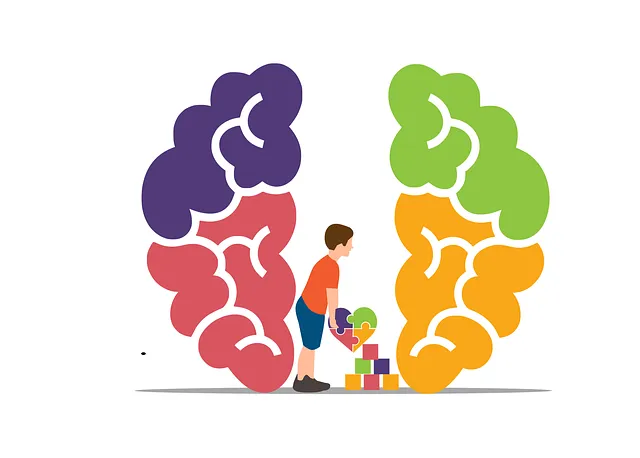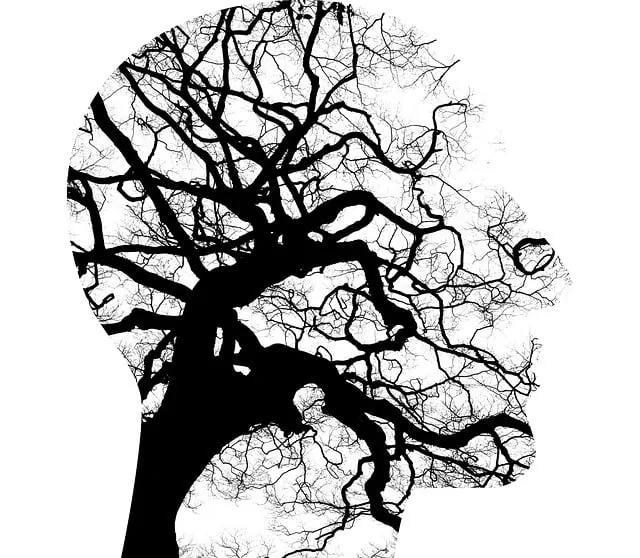Cultural competency training is essential in modern healthcare, especially for organizations like Kaiser Littleton serving diverse patient populations. They offer specialized mental health programs that educate providers on cultural sensitivity, depression prevention, and communication strategies, leading to better patient engagement and enhanced outcomes for individuals facing cultural or language barriers. By prioritizing inclusive environments and advocating for systemic changes, Kaiser Littleton ensures accessible, quality care. Their focus on cultural awareness and tailored interventions improves patient care and outcomes, with a commitment to mental health policy analysis and advocacy. To access their services, learn how to get started with mental health support through Kaiser Littleton.
Healthcare provider cultural competency training is an essential component in delivering effective patient care. In today’s diverse healthcare landscape, understanding different cultural backgrounds and perspectives can significantly enhance interactions between providers and patients. This article explores the significance of such training, focusing on Kaiser Littleton as a case study for accessing mental health services. We discuss strategies to improve patient outcomes through cultural awareness, offering insights into how healthcare professionals can create inclusive environments that foster better care.
- Understanding Cultural Competency Training for Healthcare Providers
- Accessing Mental Health Services: A Focus on Kaiser Littleton
- Strategies to Enhance Patient Care and Outcomes through Cultural Awareness
Understanding Cultural Competency Training for Healthcare Providers

Cultural competency training is an essential aspect of modern healthcare, especially for providers interacting with diverse patient populations. It involves learning and understanding different cultural beliefs, values, and behaviors to deliver more personalized and effective care. This training equips healthcare providers with the skills to navigate complex interpersonal dynamics, ensuring every patient receives respect and culturally sensitive services.
For mental health services, this is particularly crucial. Organizations like Kaiser Littleton offer specialized programs designed to improve cultural competency among their providers. These programs often include education on various topics such as depression prevention, resilience building, and strategies for effective communication with diverse communities. By fostering a deeper understanding of cultural nuances, healthcare providers can create inclusive environments, promote better patient engagement, and ultimately enhance mental health outcomes for all individuals seeking care, including those who may face barriers to accessing services due to cultural or language differences.
Accessing Mental Health Services: A Focus on Kaiser Littleton

Accessing mental health services through Kaiser Littleton is a crucial step for individuals seeking support for their psychological well-being. The healthcare provider offers comprehensive care, with a strong emphasis on cultural sensitivity in mental healthcare practice. This approach ensures that patients from diverse backgrounds feel understood and receive tailored treatment.
At Kaiser Littleton, navigating trauma support services is seamless, recognizing that many individuals face barriers to accessing mental health care. They have dedicated professionals who provide guidance and facilitate the process, ensuring privacy and confidentiality. The facility’s commitment to Mental Health Policy Analysis and Advocacy further reinforces its dedication to addressing systemic issues, making mental healthcare more accessible and culturally competent for all.
Strategies to Enhance Patient Care and Outcomes through Cultural Awareness

Cultural awareness is a powerful tool for enhancing patient care and outcomes, especially within diverse healthcare settings like Kaiser Littleton. By promoting cultural competency among providers, healthcare organizations can ensure that every patient receives respectful, equitable, and effective treatment. Strategies to achieve this include training staff on cultural differences, implicit biases, and the impact of social determinants of health. Such training equips caregivers with the skills to communicate effectively, understand patients’ unique perspectives, and tailor care plans accordingly.
For instance, mental health services can benefit immensely from a culturally competent approach. When healthcare workers are aware of the specific needs and barriers faced by diverse communities in accessing mental wellness support, they can implement tailored interventions. This might involve offering self-esteem improvement programs or community outreach initiatives that address cultural sensitivities. Ultimately, this personalized care can lead to better patient outcomes and increased satisfaction with services like those provided by Kaiser Littleton.
Cultural competency training is an essential tool for healthcare providers to improve patient care, especially when addressing diverse communities’ unique needs. By understanding and appreciating different cultural backgrounds, healthcare professionals can create a more inclusive environment, ultimately enhancing the accessibility and effectiveness of mental health services, such as those offered by Kaiser Littleton. Through these strategies, we can ensure that everyone has equal opportunities to access quality care, fostering better patient outcomes and stronger community connections.






